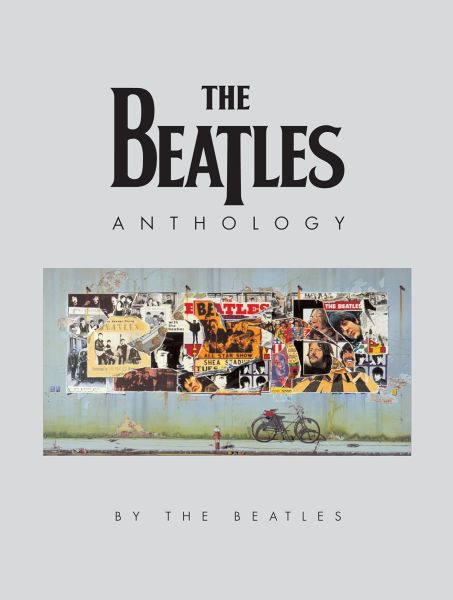The Beatles and Drugs
The Beatles, that rock n' roll landmark-band that disbanded almost 54 years ago, keeps popping up in the news for various reasons, not least because their music continues to draw people, but also for the charm and sex-appeal they exuded--four working-class boys who had to teach themselves everything.
Among people my age, Beatles memorabilia remains a reliable last-minute gift-choice. In the first year of the new millennium, 2000, for instance, my brother and his wife went all-out and bought me a fantastic new publication, The Beatles Anthology. It stands about 13.5 inches and is almost 2 inches thick.
Considering its contents, the format is all wrong. It's too big! It looks like a living-room table book, that you peek into to pass the time while waiting for guests to return from the bathroom, waiting for the hosts to finish preparing supper, or something like that. The problem is that you want to start reading it; but at nearly 15 pounds, it's too bulky to handle.
I suppose you just have to wait for it to appear in paperback; but you'll want to read it. The Beatles Anthology gives readers a fairly personal view of the Beatles from their early days: their childhoods growing up in post-War Liverpool, amongst the debris of war-damage, first cigarettes, first loves, and the beginnings of their interest in music. After they hit their teens, you rarely see them without an instrument in their hands.
With a stand-in drummer, they travelled to Hamburg and lived over a nightclub, performing a back-breaking schedule of gigs everyday, late into the night. They enjoyed the sexual comforts of prostitutes from the Reeperbahn neighborhood in Hamburg. When they tired out from the schedule of performing, the nightclub-owner gave them amphetamine substitutes to keep them going, night after night.
The Beatles reminisce at length about their experiences in Hamburg, and impress the reader with their boyishly upbeat spirits. The enjoyed the freedom to misbehave and experience so many off-beat characters in the night-clubs and brothels. Even for big-city boys, they had to mature early. Hamburg's nightlife wowed them more than anything, but they never lost a sort of internal compass that kept them from getting in serious trouble.
Their drug-use and their reactions to it interested me. John Lennon recalled, "In Hamburg, the waiters always had Preludin (an amphetamine substitute) and various other pills. . . . You'd take the pill . . . (and) you could work almost endlessly--until the pill wore off, then you'd have to have another."
Paul McCartney recalled "They'd all get high, and I'd come up, just on the buzz. I remember John saying to me 'Blah, blah, blah . . . What are you on?' And I said 'Nothing, blah, blah.' I'd be talking just as fast as them, their high would do it for me." Later he said, "Looking back, I realise it was only peer pressure."
I don't disagree with McCartney on this point. Peer pressure counts for a lot, but everyone wants to socialize on the same plane. If John talks fast, and Paul comprehends only part of what he says, that becomes the norm. Everyone wants to take part. Everyone wants to join others on the same spiritual plane.

